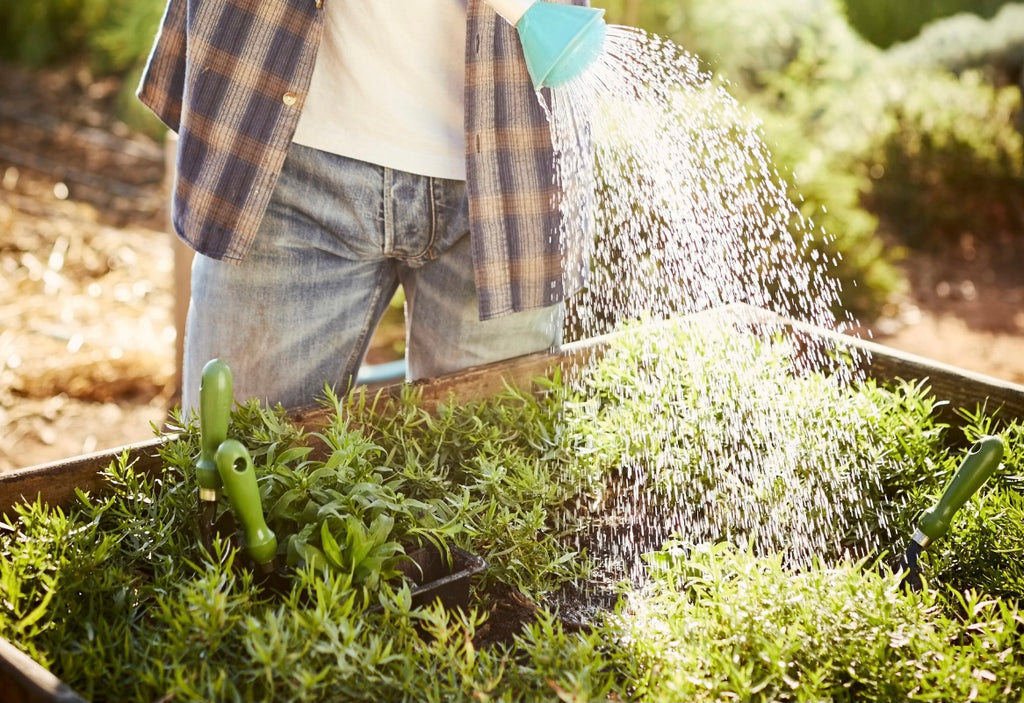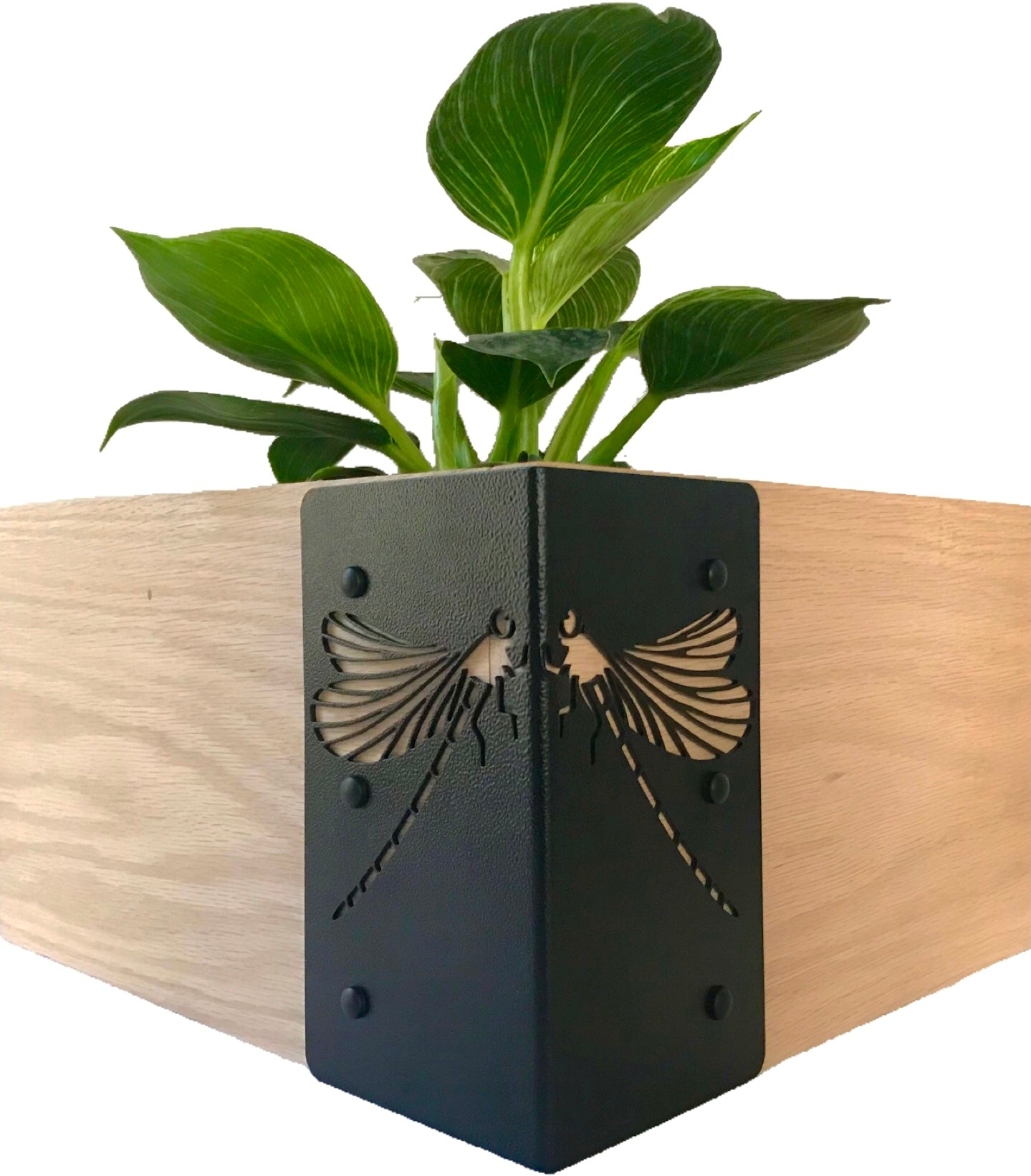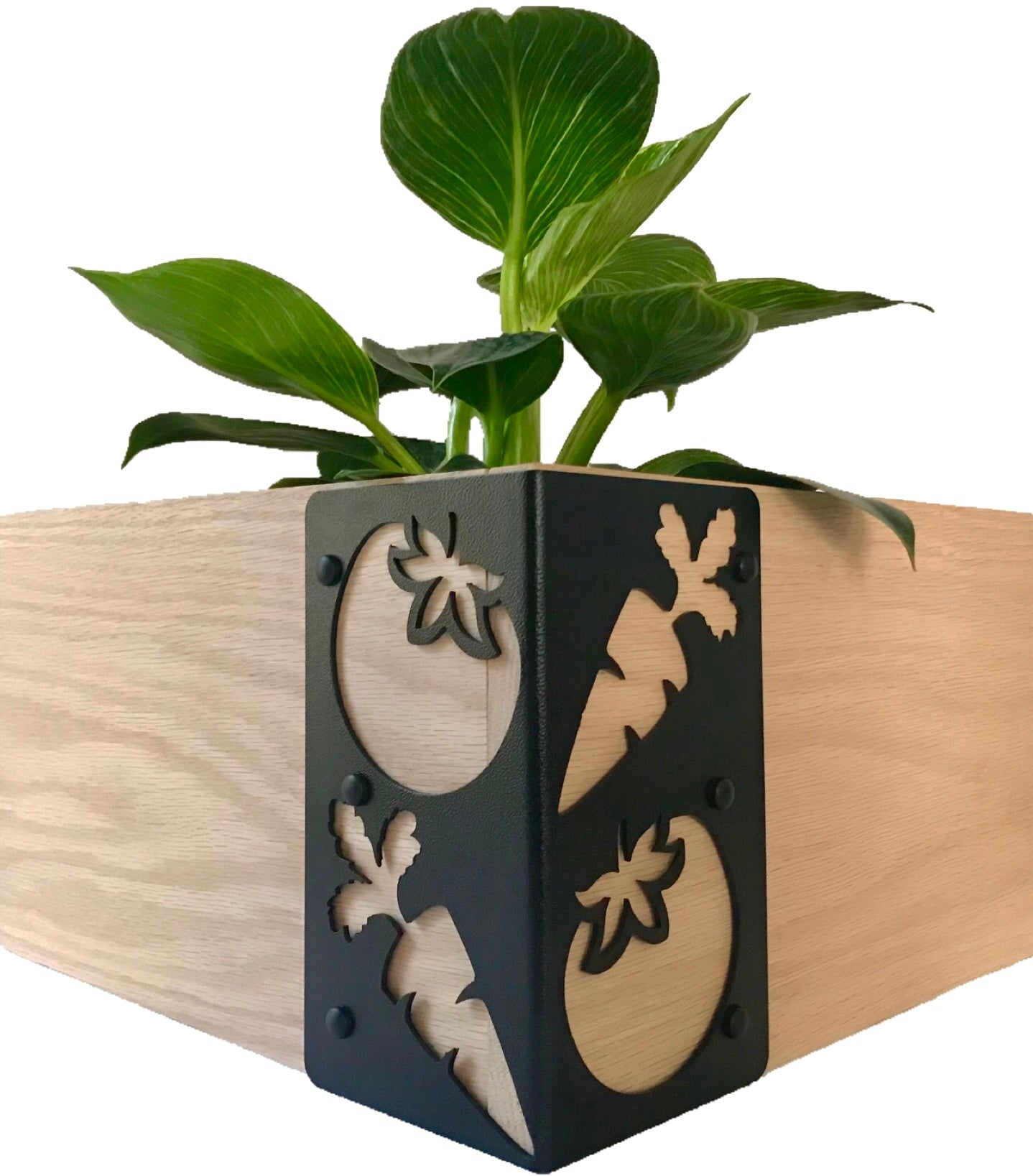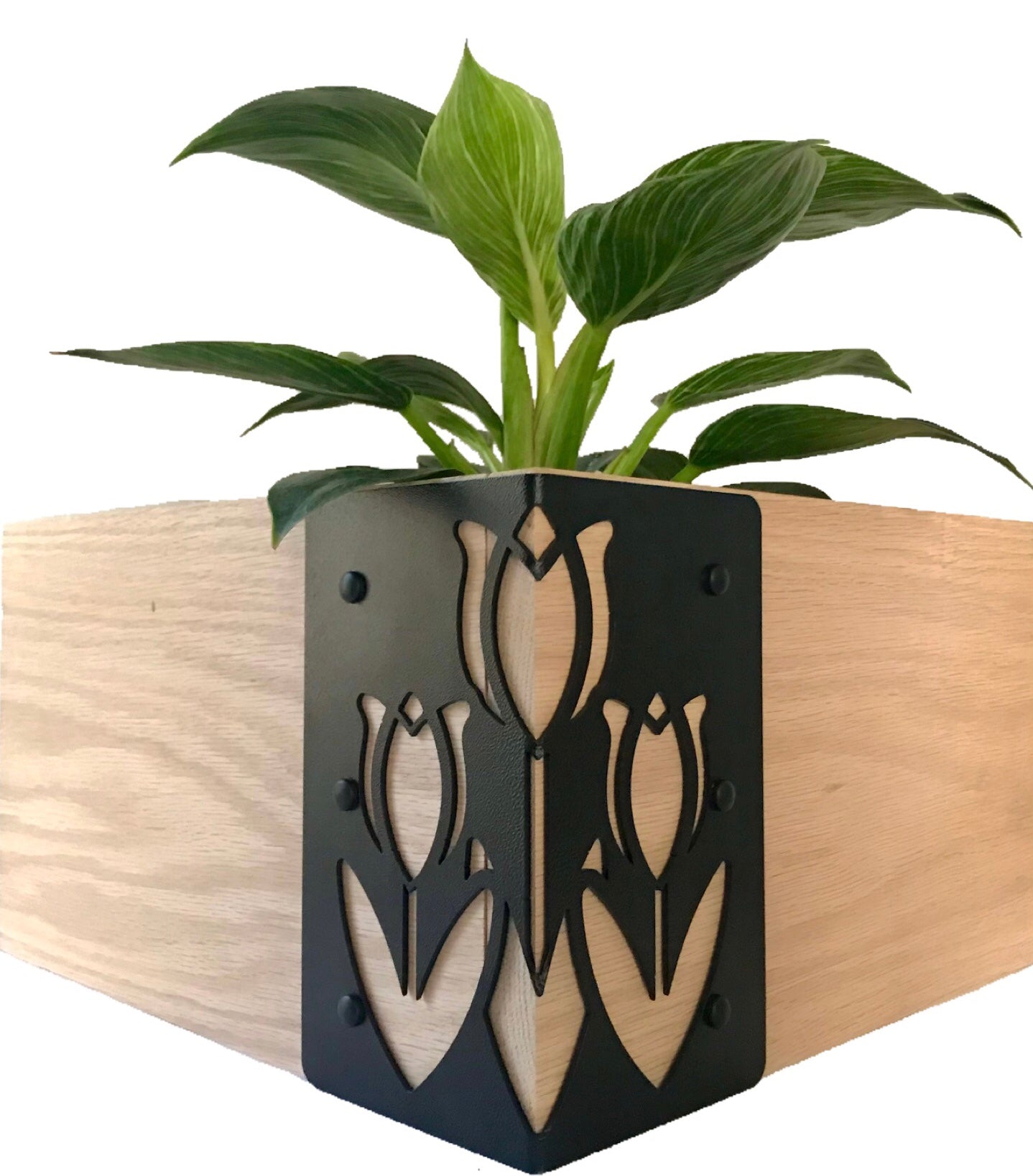
How should I water my raised bed?

If you're dreaming about having a beautiful small garden in your backyard, where you can grow healthy and organic vegetables, there's no better way to fulfill your dream than having a raised garden bed.
There are numerous benefits of having a raised garden bed to grow vegetables, including high-quality soil, no problem of hard clay, and no weeds issues.
This means you can grow your favorite vegetables in a smaller space and produce a higher yield. But here is the question of the day, How to water your raised garden beds?
Plants growing in a raised garden bed need more nutrients and water for proper growth. Below we have mentioned some best and basic ways to water your raised garden beds:
Watering by hand:
This is one of the best and extremely satisfying methods to water your raised garden bed. A thing to consider when watering by hand is that, use a very low and slow stream of water to make the process more effective. Watering through the high stream leads to a lot of water wastage.
Watering through automatic systems:
Types of automatic watering systems
- Soaker hoses: This is an extremely effective method in which you can target your plants' root zone. This system performs at its best if your raised garden bed is uneven. But the problem with the soaker hoses system is that it often gets cracked, clogged, and sometimes doesn't water evenly.
- Sprinkler system: A normal sprinkler system has an efficiency of 60 to 70%. But the problem with this system is that it can spread diseases by getting the leaves wet. Watering through a spray system results in excess evaporation which means water loss; water doesn't always reach the soil to evenly moisten the root zone with this system.
- Drip lines / Drip irrigation system: This system waters the soil and not the plant. Drip lines make sure to provide an even rate of water, allowing the soil to evenly moisten the root zone with minimal waste or evaporation.
Best practices for your raised garden bed when it comes to watering:
Observe your plants closely: There are many plants that are adaptive to nature. On hot summer days, they'll look like they're gone, but as the hottest part of the day finishes, they come back to life. They've adapted themselves to survive the hot, harsh days. Don't let them fool you.
Deep water: Deep watering is good for your raised bed plants. Shallow watering on a daily basis is not as efficient as watering deeply 2 to 3 times a week. Deep watering softens the soil, which helps water to reach the roots of plants.
Soil protection: On hot summer days, cover the soil of your raised beds with mulch. Adding some dead leaves or straws on the beds' surface reduces water evaporation. This mulch also breaks down to provide nutrients to your soil. So add more compost and mulch every year.
You can either purchase compost from a garden center or make your own. In the summer season, mulch and compost work as a barrier that slows down evaporation, and in winters, it protects soil from frost. Mulch also protects your plants from fungal infection and prevents the growth of weeds in your raised bed.
Know your soil type: The kind of soil you have in your raised garden bed has a direct impact on your watering schedule. A sandy soil mix requires more water than a clay soil mix. Sandy soil mix needs more than one inch of water per week. In the case of a raised garden bed and a good compost pile, one inch per week is perfect.
Watering in the early morning: Try to water your raised garden bed early in the morning. Watering your plants in the early morning has so many benefits. But if your schedule doesn't allow you to do that, then the later afternoon is not that bad.
Talk to plants: Observe your raised bed plants carefully. If you see wilted leaves, it means they require water; brown leaf edges also mean that they need water. Observe your plants and fulfill their needs to obtain healthy produce.
After raining water: As strange as it sounds, watering your raised bed after rainfall has so many benefits. The rainwater makes your soil soft, which then receives water more efficiently. The extra water on the existing raindrops will push the rainwater deeper and closer to the plants' root zone.
Observe your soil: In order to check the existing moisture level of your soil, you can either use your fingers, towel, or spoon.
Your raised garden beds may need more watering in dry, hot weather. A raised bed provides a controlled, quality environment to your plants, so they tend to grow more quickly and consume nutrients and water faster. This quick growth, combined with increased evaporation and better soil drainage, makes it crucial to keep an eye on the soil's moisture level. If your soil feels dry to an inch or so, it's time to water your raised garden bed!







